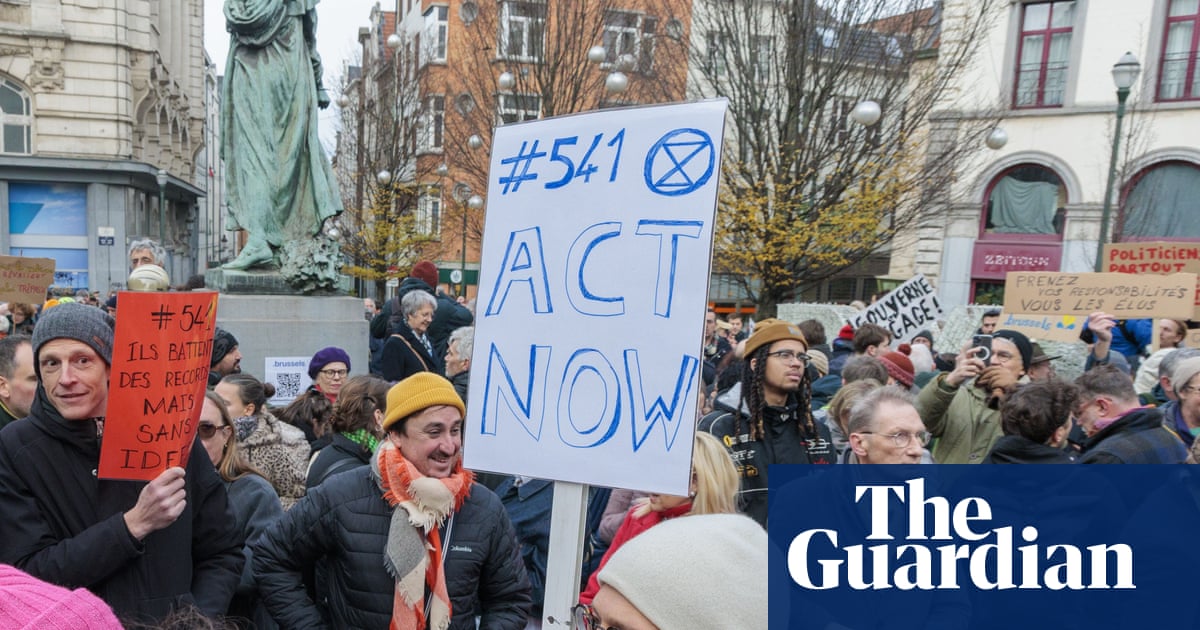Small suppliers to Jaguar Land Rover have been asked to put up their family homes as personal guarantees in order to access emergency loans, with no direct UK government support on offer for parts makers a month after the carmaker was hit by a crippling cyber-attack.
JLR, Britain’s biggest automotive employer, is considering making advance payments to top-tier suppliers as it tries to restart production after the hack, but smaller parts makers warn they are on the brink of collapse without urgent cash injections.
JLR, which makes the Jaguar and Land Rover brands, has not produced a single car since the last day of August. This week it said it would restart limited manufacturing “in the coming days”.
The production freeze has left many parts makers in a desperate position, without income for more than month.
The Confederation of British Metalforming (CBM), a lobby group representing many JLR suppliers, warned that without urgent government intervention the whole of the UK automotive supply chain could face irreversible damage, threatening thousands of jobs and an industry targeted for growth by the Labour government.
Michael Beese, the managing director of Genex UK, which presses metal parts for several suppliers to JLR, said commercial banks had said that in order to get an expensive loan, suppliers would need to give personal guarantees that could expose them to losing their houses and other assets.
“I looked at getting a loan but was quoted interest of 16% and they wanted personal guarantees,” Beese said. “Why should I put my business and family home on the line when I’ve done nothing wrong?”
Beese said he had been forced to lay off some of Genex’s 17 workers because of a cash shortage. Other suppliers have said loans are not an option for some small companies because they fear breaching rules on directors’ legal responsibilities.
JLR is considering upfront payments to its direct suppliers in order to inject cash as quickly as possible, according to two people with knowledge of talks. However, it does not have a direct relationship with much of its supply chain, so it would be reliant on bigger suppliers quickly passing on cash to smaller companies.
The business secretary, Peter Kyle, announced on Saturday that the government would provide a guarantee to underwrite a £1.5bn private loan for JLR, although that deal is not thought to have been formally completed. JLR has agreed another £2bn in new debt from banks without state support.
However, the government has not pledged any cash to JLR or its supply chain since the hack, and several people in the automotive industry told the Guardian they believed the £1.5bn loan guarantee had been rushed out ahead of the Labour party’s conference in Liverpool without addressing the key issues caused by the hack.
The government loan guarantee was meant to help parts manufacturers indirectly but some smaller suppliers believe it will take too long to trickle down from “tier one” makers of larger assemblies of components to the generally smaller “tier two” companies who supply parts to them in turn.
Even if tier one companies receive invoices for new work, under UK law they have up to 60 days to make those payments to the second tier.
The CBM told the Guardian there was “little prospect of second-tier and lower-tier suppliers receiving any funding in the short term” and it called for direct government support for companies further down the chain.
Steve Morley, the CBM’s president, said: “This is the only way we can get money quickly to where it is needed most, to prevent the supply chain from collapsing.
after newsletter promotion
“JLR is rightly focused on getting payments through to their first-tier suppliers, and it’s best we allow them to complete that process. Our focus now must be on ensuring that second-tier and smaller suppliers are supported so the whole framework is in place when production restarts.”
Across the supply chain, thousands of workers have been laid off, according to industry sources.
Beese said: “We’ve kept working, building some stock, to keep our employees in work but we’ve run out of space and material. I have now laid off staff due to the uncertain short-term future. Our customers can’t give us clear plans moving forward, so now I’m faced with some really tough decisions.”
One option suggested by the CBM is using the British Business Bank’s growth guarantee scheme, for which the government underwrites lending to smaller businesses. Other suppliers have previously asked ministers for a temporary freeze on tax bills and some form of support for workers’ wages.
A Labour source said: “The government acted quickly to ensure JLR and its suppliers could receive support as soon as possible given the tens of thousands of jobs depending on the business.”
Small suppliers also called for improved communication from JLR on its progress in restarting production so that they could have a better picture of how long they will have to survive without orders.
JLR, owned by India’s Tata, has been unable to give firm restart dates because it has had to rebuild all of its production systems, so it has been unable to make orders for parts. JLR has set up a helpdesk for suppliers.
The government’s business department was approached for comment. The British Business Bank declined to comment.

 2 months ago
65
2 months ago
65

















































